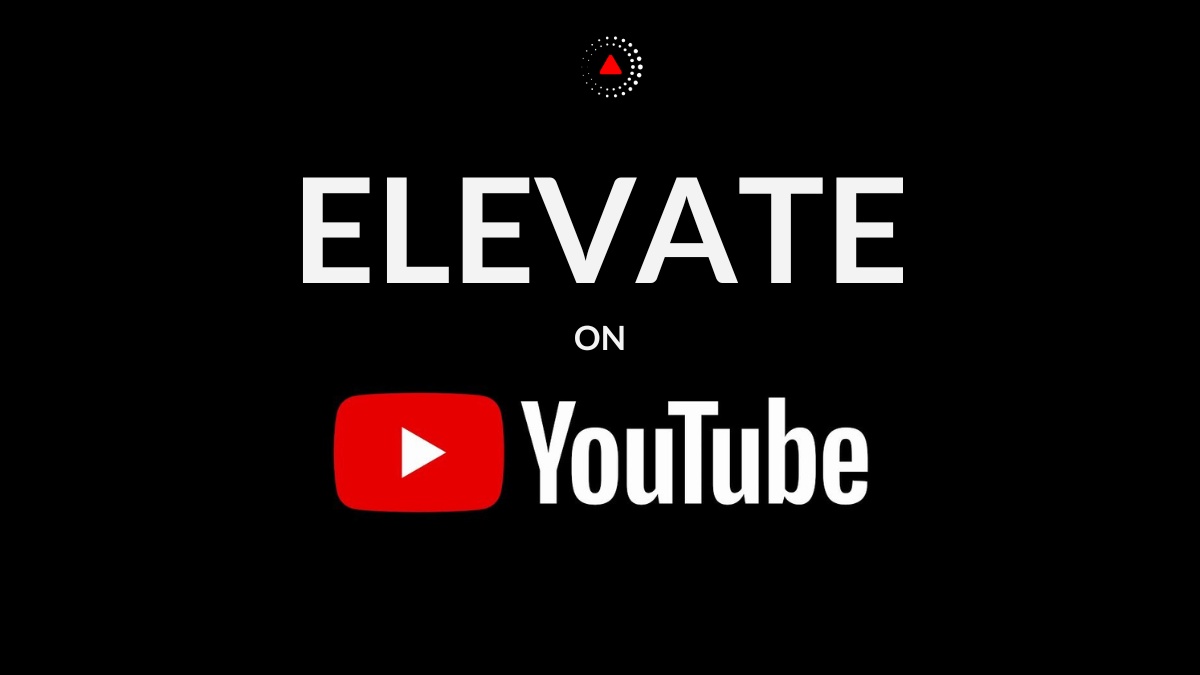The greatest kindness will not bind the ungrateful.
What's the meaning of this quote?
Quote Meaning: "The greatest kindness will not bind the ungrateful" encapsulates a profound truth about human nature and the dynamics of kindness and gratitude. At its core, this quote suggests that even the most significant acts of kindness, no matter how sincere or heartfelt, may not evoke gratitude or loyalty from those who receive them if they lack the capacity or willingness to appreciate them. It speaks to the idea that genuine acts of kindness are not always reciprocated, especially by those who fail to recognize or acknowledge them.
In essence, this quote underscores the complex interplay between kindness and ingratitude. Kindness is a fundamental aspect of human interaction, rooted in empathy, compassion, and goodwill. When someone extends kindness towards another person, they do so with the intention of alleviating suffering, providing support, or simply brightening someone's day. However, the effectiveness of this kindness is contingent upon the recipient's ability to recognize and appreciate it.
The phrase "will not bind the ungrateful" implies that acts of kindness alone are insufficient to create a lasting bond or obligation, particularly when directed towards individuals who are ungrateful. Despite the generosity or benevolence shown to them, ungrateful individuals may fail to acknowledge the significance of these gestures, rendering them ineffectual in fostering meaningful connections or eliciting reciprocal behavior.
Moreover, the quote suggests that ingratitude can act as a barrier that diminishes the impact of kindness. When individuals are ungrateful, they are often self-absorbed or indifferent to the needs and feelings of others. Their lack of gratitude may stem from a sense of entitlement, ingrained biases, or a failure to recognize the efforts expended on their behalf. Consequently, even acts of great kindness may go unappreciated or be met with indifference by those who are ungrateful.
Furthermore, the phrase highlights the inherent limitations of kindness in influencing the behavior of others. While kindness is a virtue that enriches both the giver and the receiver, it cannot compel gratitude or reciprocity. The decision to express gratitude ultimately rests with the individual, and no amount of kindness can force someone to feel or express appreciation if they are unwilling or unable to do so.
In a broader sense, this quote serves as a cautionary reminder about the complexities of human relationships and the importance of cultivating gratitude and appreciation. It encourages individuals to be mindful of the intentions behind their actions and to recognize the value of kindness in fostering connections built on mutual respect and appreciation. Additionally, it prompts reflection on the nature of gratitude and the role it plays in shaping our interactions with others.
In conclusion, "The greatest kindness will not bind the ungrateful" conveys a profound insight into the dynamics of kindness, ingratitude, and human relationships. It underscores the importance of genuine appreciation and mutual respect in fostering meaningful connections, while also acknowledging the inherent limitations of kindness in eliciting gratitude from those who are unwilling or unable to recognize it.
Who said the quote?
The quote "The greatest kindness will not bind the ungrateful." is often attributed to Aesop (Bio / Quotes). Aesop was an ancient Greek storyteller and author of fables, including "The Tortoise and the Hare."
Chief Editor
 Tal Gur is an author, founder, and impact-driven entrepreneur at heart. After trading his daily grind for a life of his own daring design, he spent a decade pursuing 100 major life goals around the globe. His journey and most recent book, The Art of Fully Living, has led him to found Elevate Society.
Tal Gur is an author, founder, and impact-driven entrepreneur at heart. After trading his daily grind for a life of his own daring design, he spent a decade pursuing 100 major life goals around the globe. His journey and most recent book, The Art of Fully Living, has led him to found Elevate Society.

























